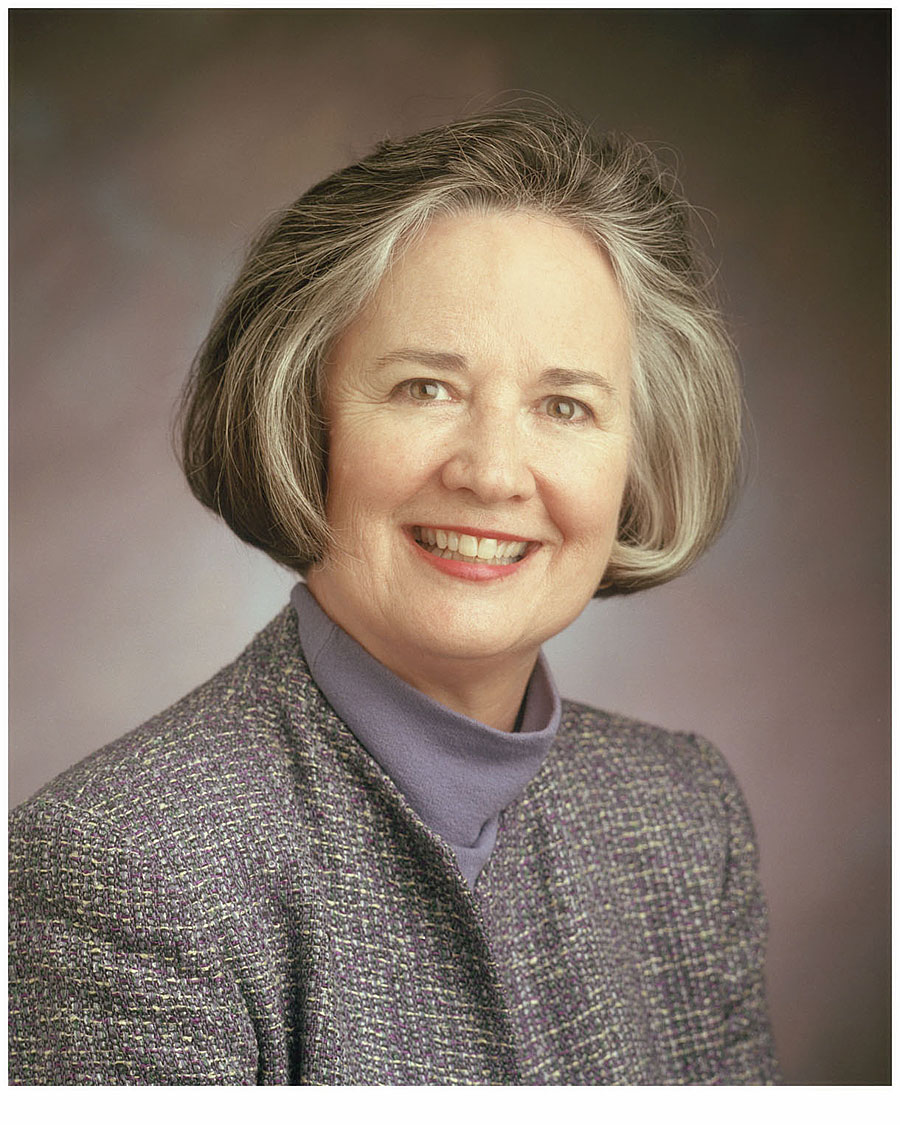The Graduate School will begin its 100th anniversary celebration with the Centennial Kickoff on Jan. 28 at 3:30 p.m. in the Grand Hall of the Tate Student Center. The inaugural event of the year-long celebration includes speeches from three distinguished educators and the presentation of the inaugural Graduate School’s Innovation in Graduate Education Award.
“The Graduate School’s centennial allows us to recognize graduate education in its entirety,” said Maureen Grasso, dean of the school. “This centennial will be a time for students, faculty and alumni to celebrate the past accomplishments of the Graduate School and set goals for the future of graduate education at UGA.”
In addition to Grasso, scheduled speakers at the Centennial Kickoff are UGA President Michael F. Adams and Debra Stewart, president of the Council of Graduate
Schools.
Stewart has been the president of the Council of Graduate Schools for nearly 10 years. Her speech, “Graduate Education: 2020,” will address the opportunities and challenges facing graduate education in the next decade and beyond.
As president of the council, Stewart oversees one of most prominent organizations for promoting graduate education and research on a national level. The council has more than 500 member institutions in North America.
Grasso will present the Graduate School’s Innovation in Graduate Education Award.
The Centennial Kickoff and Stewart’s speech are the first of many Graduate School events planned throughout 2010 to celebrate the advances in graduate education in the past 100 years.
The Graduate School was founded in June 1910 when the board of trustees named Willis Henry Bocock the school’s first dean. Over the next 100 years, it grew from seven initial students to more than 7,000.
In 1913, UGA’s Graduate School awarded its first master’s degrees to three students. Now, UGA awards doctoral and master’s degrees to more than 2,000 graduating students each year.
The Graduate School originally offered only four degrees in a limited number of disciplines. The first degrees included master of arts, master of science, civil engineering and master of science in agriculture. UGA first offered doctoral degrees in 1935, although only chemistry, biological sciences and history students could obtain Ph.D. degrees.
Almost 30 years later, Mary Frances Early made history when she became the first African American to receive a degree from UGA in 1962. Early graduated with a master’s degree in music education, and afterward she went on to teach music in Atlanta public schools.
Today the Graduate School offers 118 different master’s degrees and doctoral degrees in 79 disciplines.
The school also tries to increase diversity among graduate students every year, from enrollment to graduation. The nature and scope of graduate education has changed dramatically over the years. according to Grasso.
The Graduate School is planning a series of events during 2010 to celebrate the centennial and the growth of graduate education at UGA.
“We plan to celebrate all facets of graduate education, from the individuals who demonstrate the successes of the Graduate School to our surrounding community and state that allows us to flourish,” she said.


